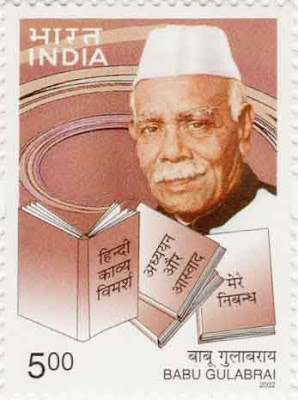Benjamin Franklin (17 January 1706 – 17 April 1790) was one of the Founding Fathers of the United States. He was a polymath who excelled in various fields, including science, writing, printing, and politics. Here are some key aspects of his life and contributions:
Early Life: Benjamin Franklin was born in Boston, Massachusetts, in a large family. He had limited formal education and was largely self-taught.
Printer and Writer: Franklin began his career as a printer and writer. He established the Pennsylvania Gazette, a successful newspaper, and Poor Richard's Almanack, which contained practical advice and witty proverbs.
Scientist and Inventor: Franklin made significant contributions to science. He conducted experiments on electricity and is famous for his kite experiment, where he demonstrated the connection between lightning and electricity. He also invented the lightning rod to protect buildings from lightning strikes.
Statesman and Diplomat: Franklin played a crucial role in American politics during the colonial and revolutionary periods. He was a delegate to the Continental Congress and was instrumental in drafting the Declaration of Independence. He also played a key role in negotiating the Treaty of Paris in 1783, which ended the American Revolutionary War.
Ambassador to France: Franklin served as the United States Ambassador to France during the Revolutionary War. His diplomatic skills and charm were instrumental in securing French support for the American cause.
Founding Father: Franklin was one of the signers of the United States Constitution and is considered one of the Founding Fathers of the nation. He contributed to the shaping of the U.S. government and its institutions.
Abolitionist: In his later years, Franklin became an advocate for the abolition of slavery. He was the president of the Pennsylvania Society for Promoting the Abolition of Slavery.
Legacy: Benjamin Franklin's influence extends beyond his lifetime. His wit, wisdom, and contributions in various fields have left an indelible mark on American history. His aphorisms and sayings are still widely quoted, and he is often celebrated as one of the most versatile and accomplished individuals in American history.






